How to Fix the ERROR_RESIDENT_FILE_NOT_SUPPORTED
It's not safe to modify resident files from the MFT
3 min. read
Updated on
Read our disclosure page to find out how can you help Windows Report sustain the editorial team. Read more
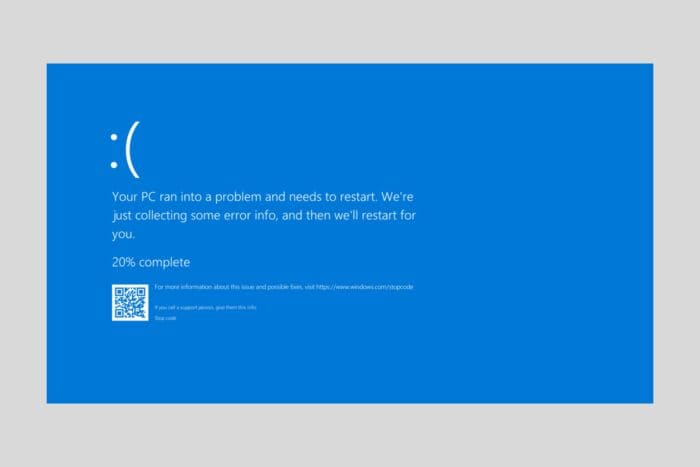
The ERROR_RESIDENT_FILE_NOT_SUPPORTED comes with the 334 (0x14E) An operation is not supported on a resident file error code and message. Resident files are files that are stored directly within the Master File Table (MFT) of the NTFS file system, rather than in separate clusters on the disk. This error can occur when attempting to perform operations on resident files that are not supported by the file system or the operating system.
How do I Fix ERROR_RESIDENT_FILE_NOT_SUPPORTED?
1. Check file system compatibility
- Press Win + E to open File Explorer.
- Right-click on the drive you want to check and select Properties.
- Go to the General tab and check the File system. Ensure it is NTFS, as FAT32 does not support resident file operations.
If you’re trying to perform resident file operations on FAT32 file system drives, that will definitely not work, so you should format the drive to NTFS instead.
2. Avoid unsupported operations or move the files in another location
- Avoid performing unsupported operations, such as compression or encryption, on resident files.
- If you need to perform these operations, consider moving the file out of the MFT to a regular cluster on the disk.
- Right-click on the resident file and select Copy.
- Paste the file to a different location on the same drive or another drive.
- Delete or rename the original file from the MFT.
The best way to approach this is to create some copies of the resident files you want to work with on another partition, drive or folder.
3. Update software and drivers
- Ensure that your operating system, software, and drivers are up to date.
- Press Win + X and select Device Manager.
- Expand the categories and locate the device you want to update.
- Right-click on the device and select Update driver.
- Choose Search automatically for updated driver software.
- Follow the on-screen instructions to complete the update.
Although it’s less likely, the ERROR_RESIDENT_FILE_NOT_SUPPORTED may also be caused by mismatched or faulty drivers. Especially if you installed new hardware, try to remove and reinstall the correct driver for it.
As this can be a bit complicated or tedious, we recommend using a driver updater software instead. It will automatically recognize the components and install the correct drivers.
4. Run System Diagnostics
- Press Win + R, type mdsched.exe, and press Enter to open the Windows Memory Diagnostic tool.
- Choose Restart now and check for problems.
- Follow the on-screen instructions to complete the memory test.
- To run a System File Check, open Command Prompt as an administrator and type sfc /scannow, then press Enter.
Running the Memory Diagnostic Tool and System File Checker, you will be able to fix any problems related to file system corruption.
By following these steps, you should be able to resolve the ERROR_RESIDENT_FILE_NOT_SUPPORTED error and successfully perform the desired operations on your files.
For any other information requests, use the comments below and let us know.
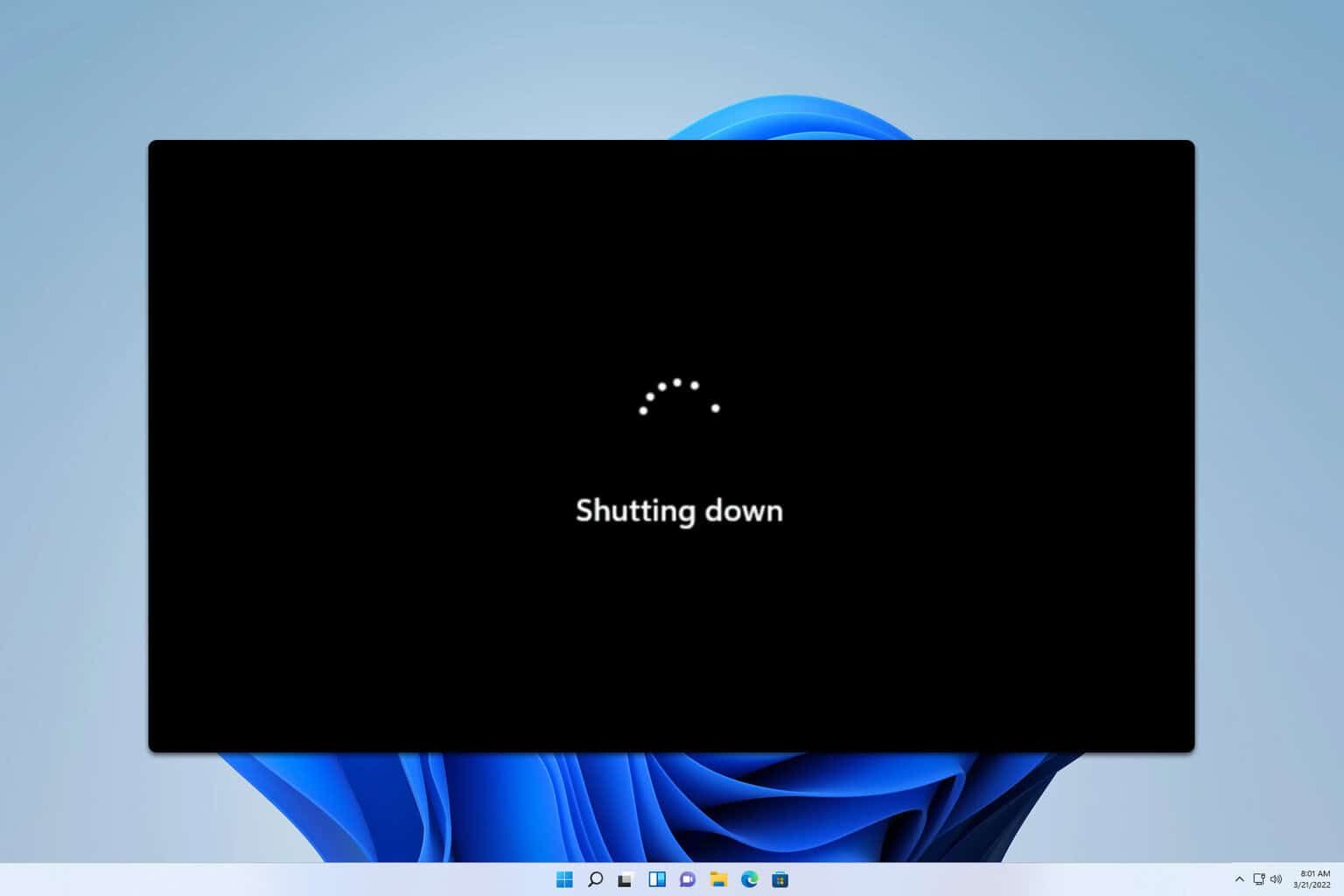
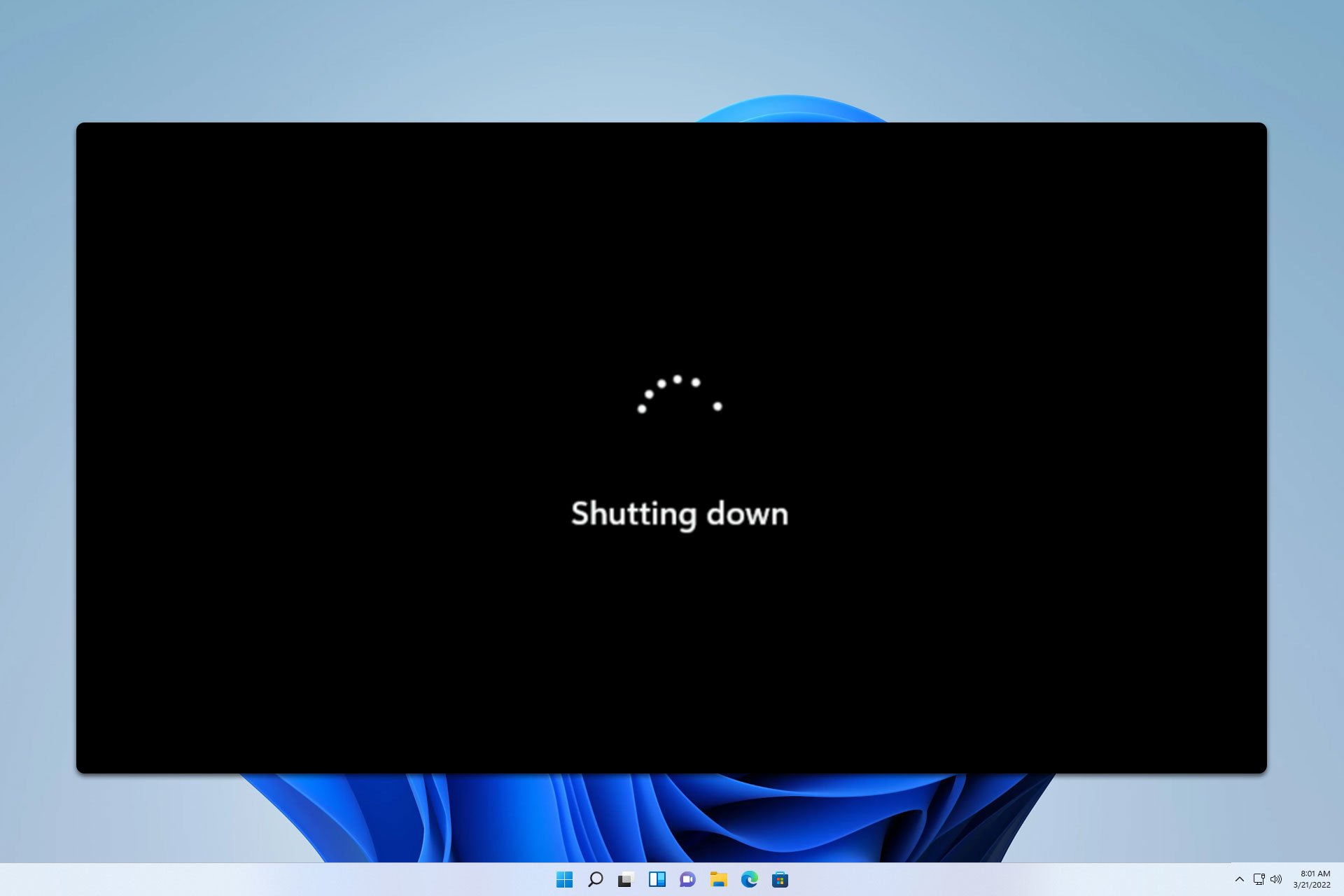
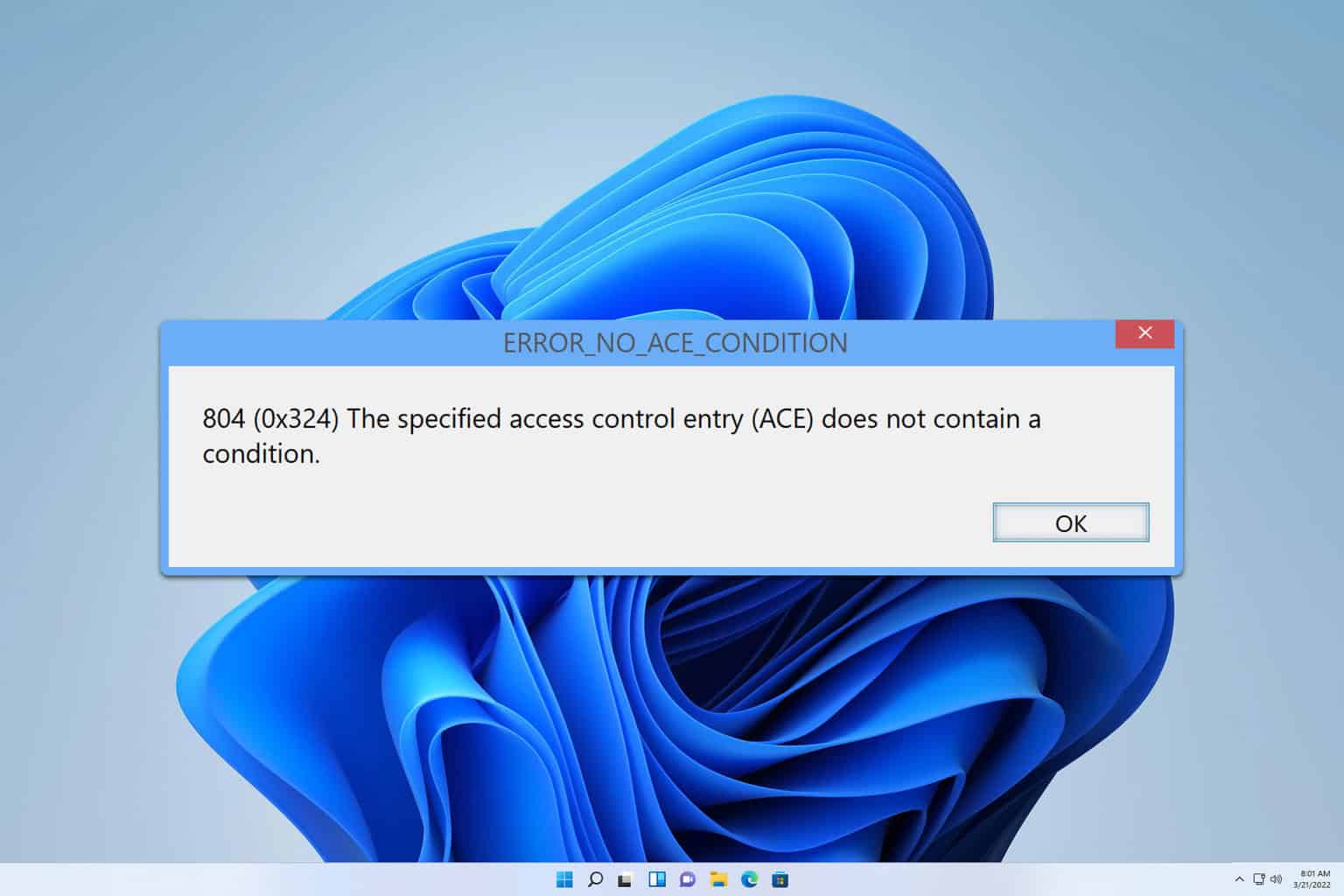
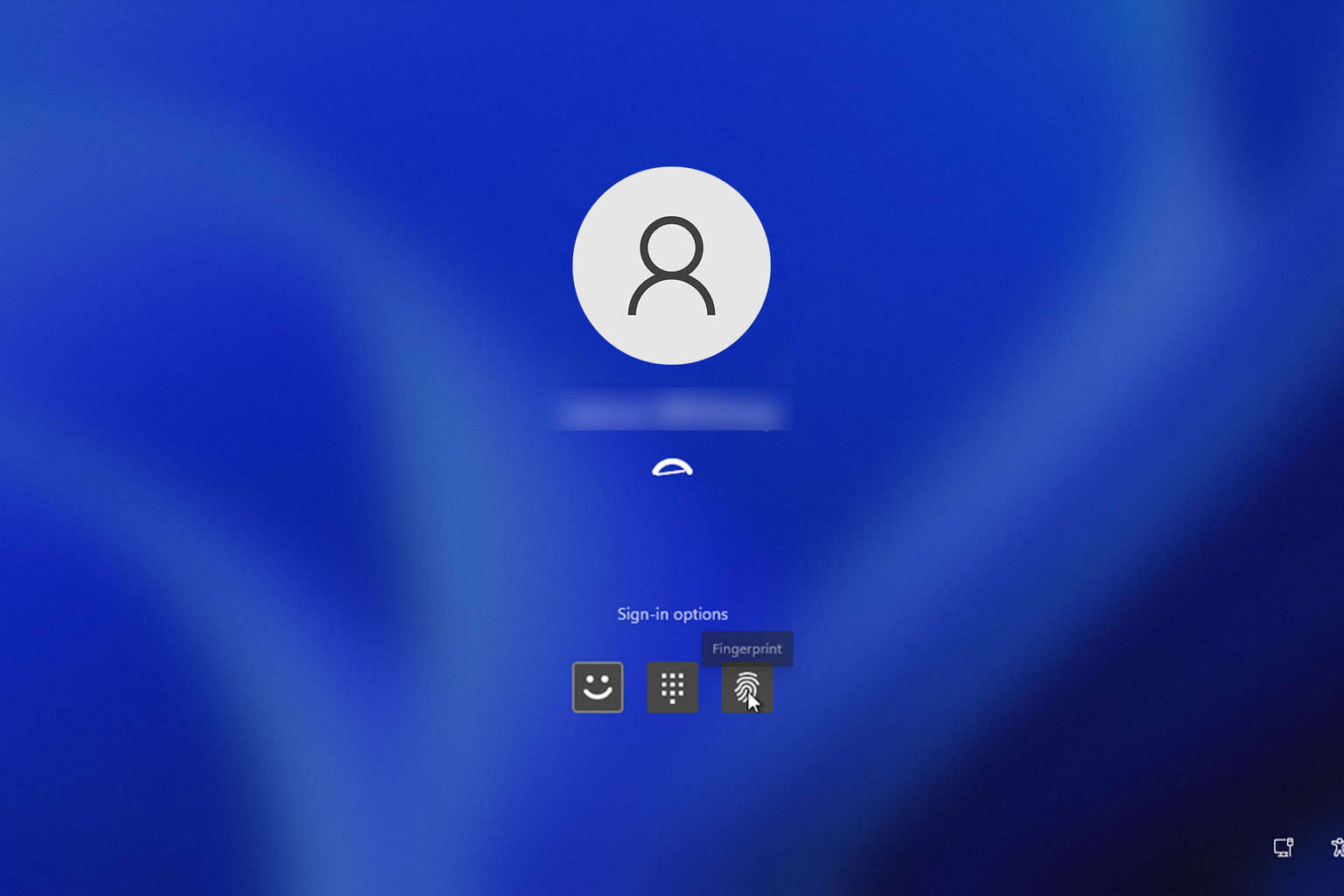
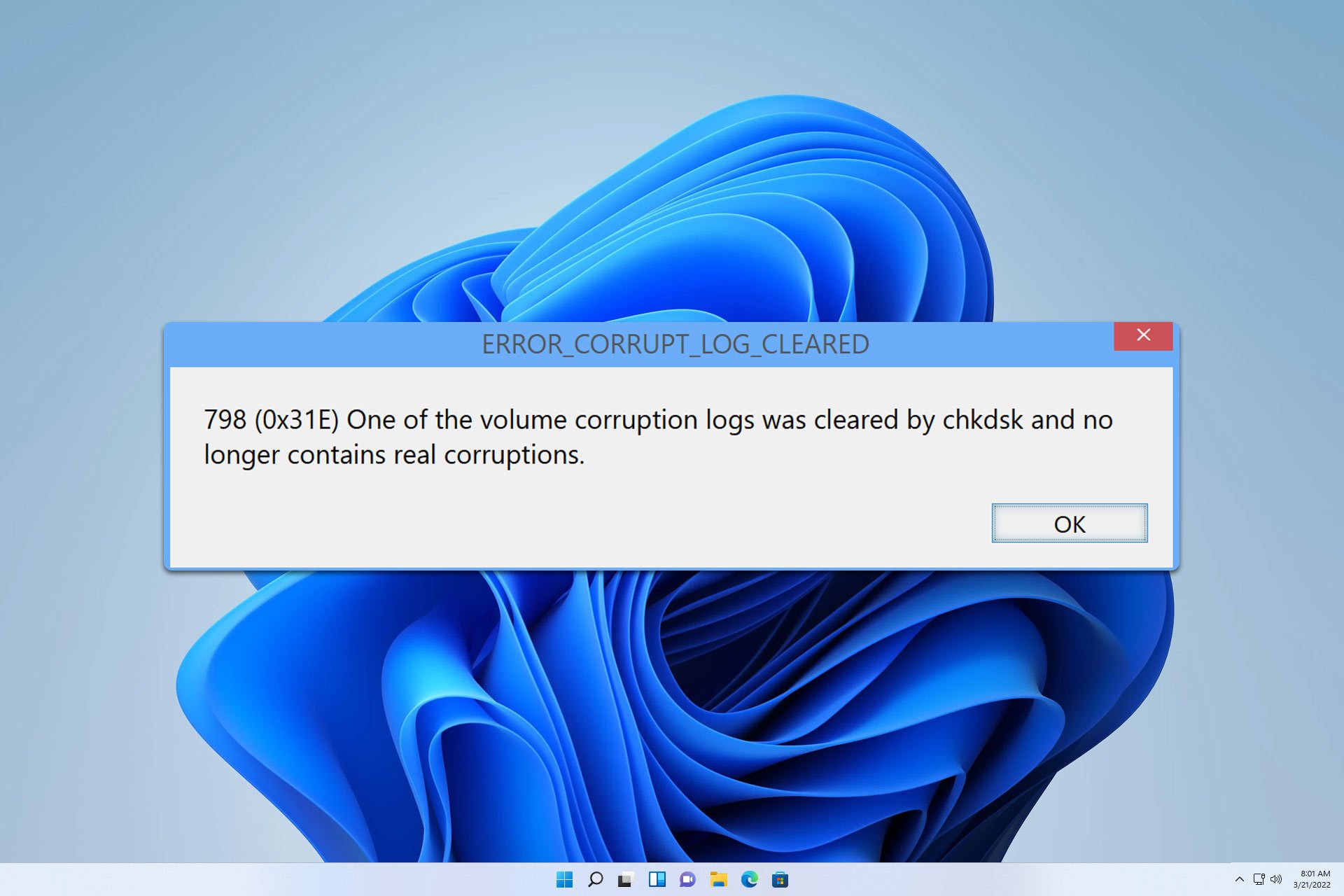
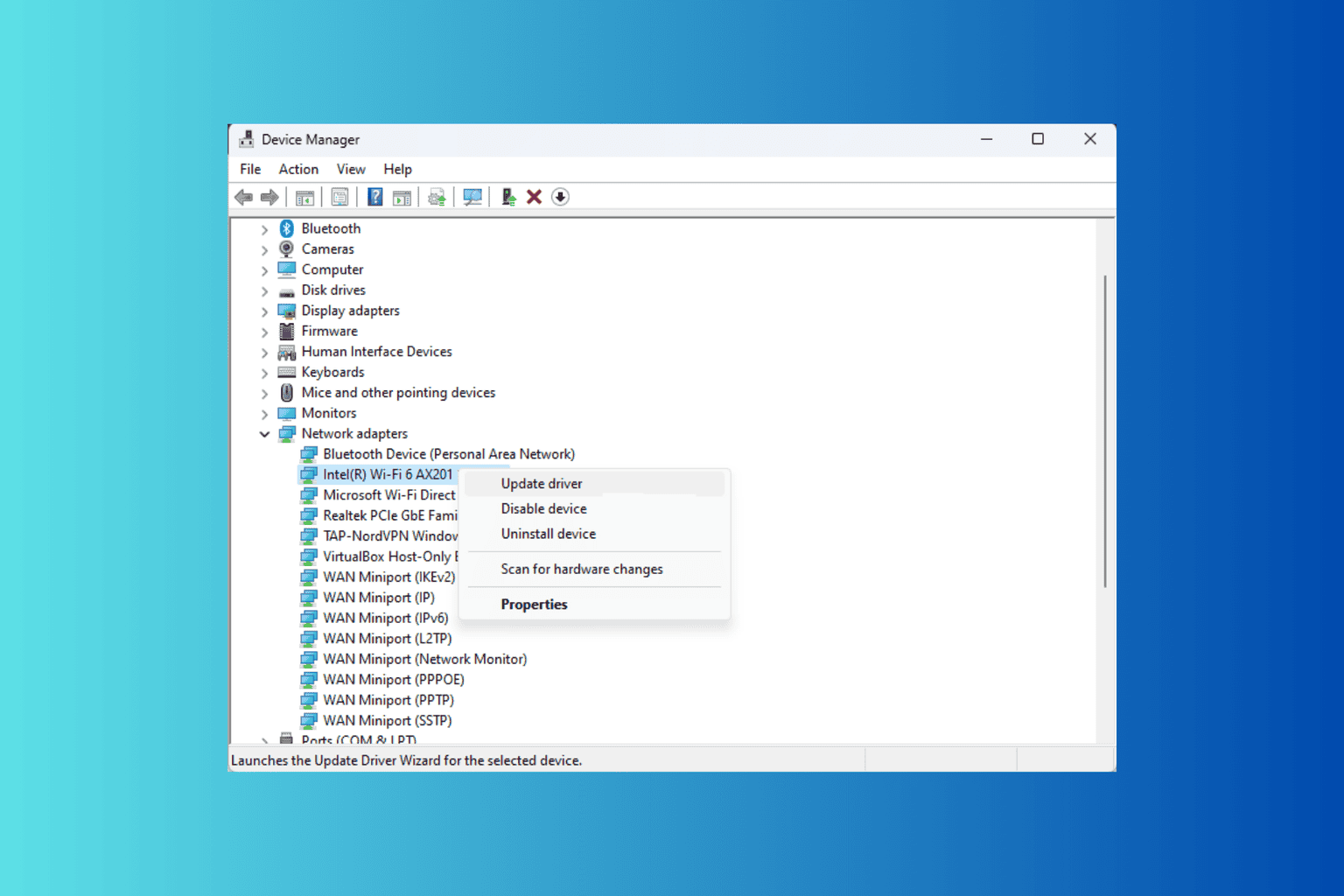
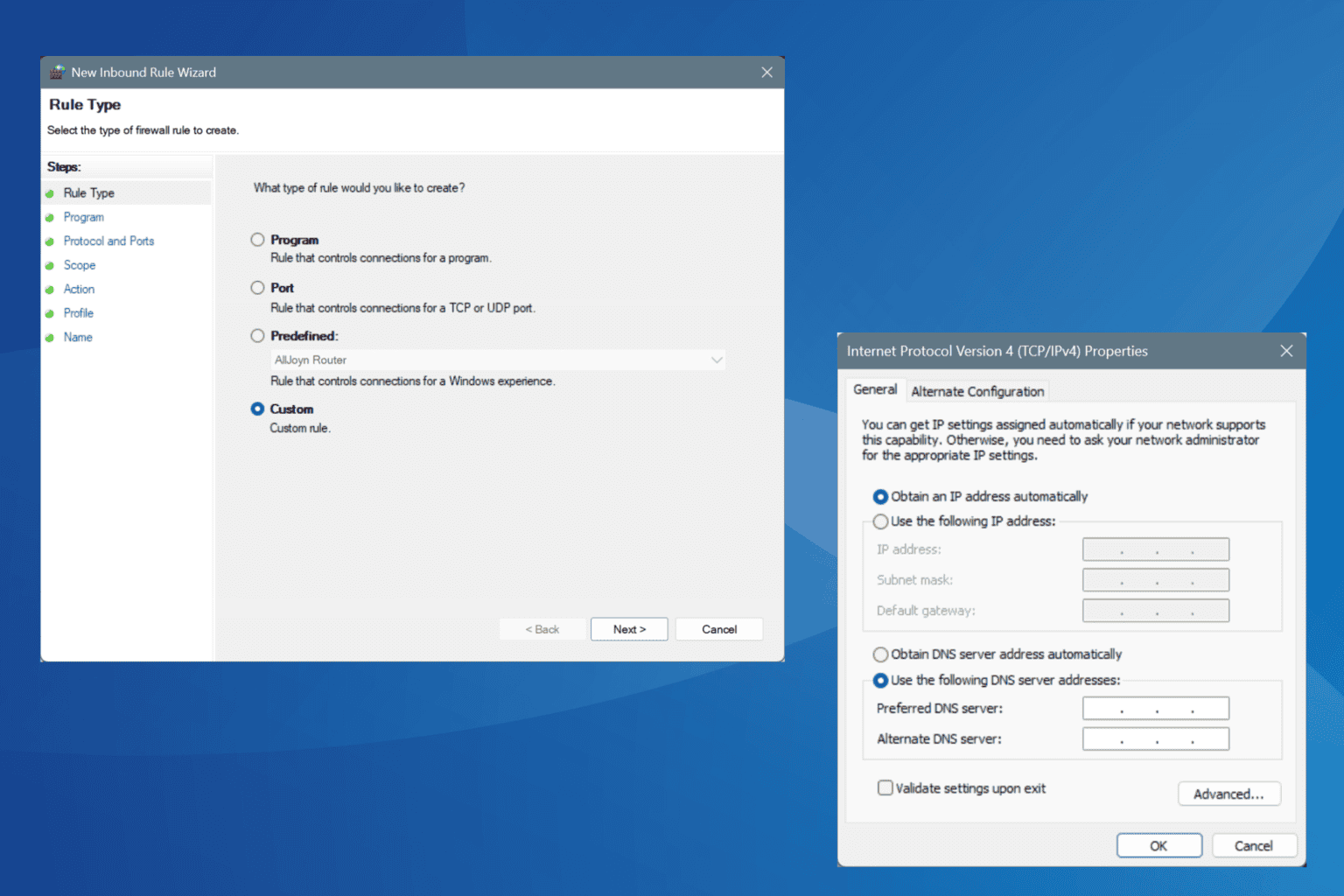
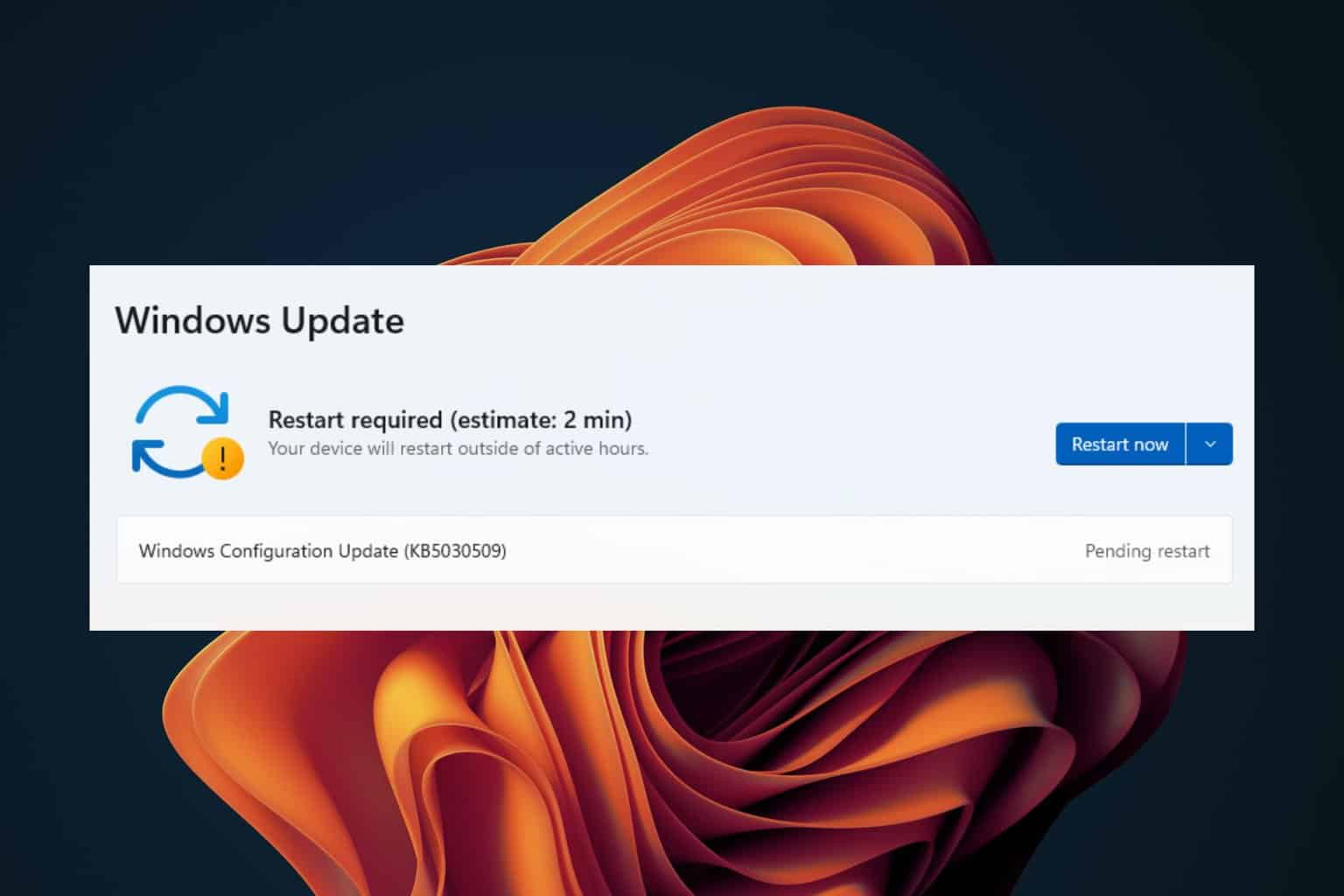
User forum
0 messages